Summaries of books about Personal Development:
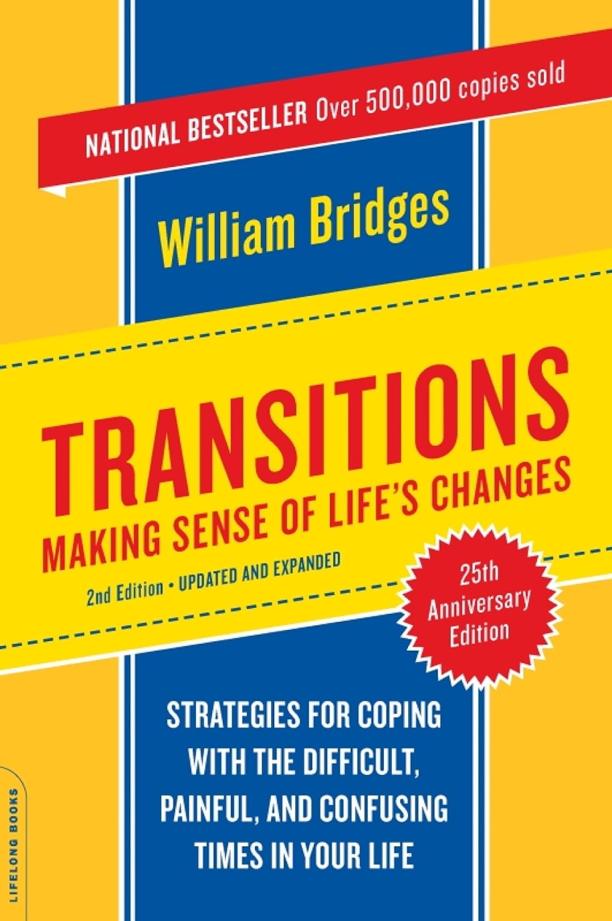
Transitions
Making Sense Of Life's Changes
William Bridges
The book explores the psychological process behind significant life changes, distinguishing between the external events and the internal emotional transition. It provides a framework for understanding the stages of letting go, the neutral zone, and the new beginning, offering guidance for navigating these transitions effectively.
See full summary
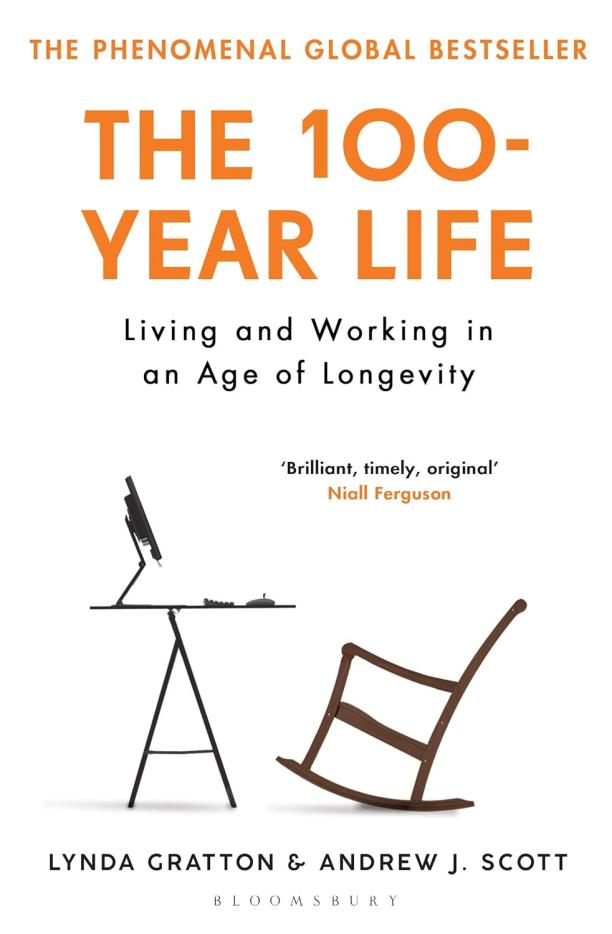
The 100-Year Life
Living and Working in an Age of Longevity
Lynda Gratton|Andrew J. Scott
The book explores the implications of increased life expectancy on society, examining how a longer life can impact careers, family, and personal finances. It offers strategies for individuals to adapt to this new reality by rethinking traditional life stages, lifelong learning, and the integration of work and personal life.
See full summary
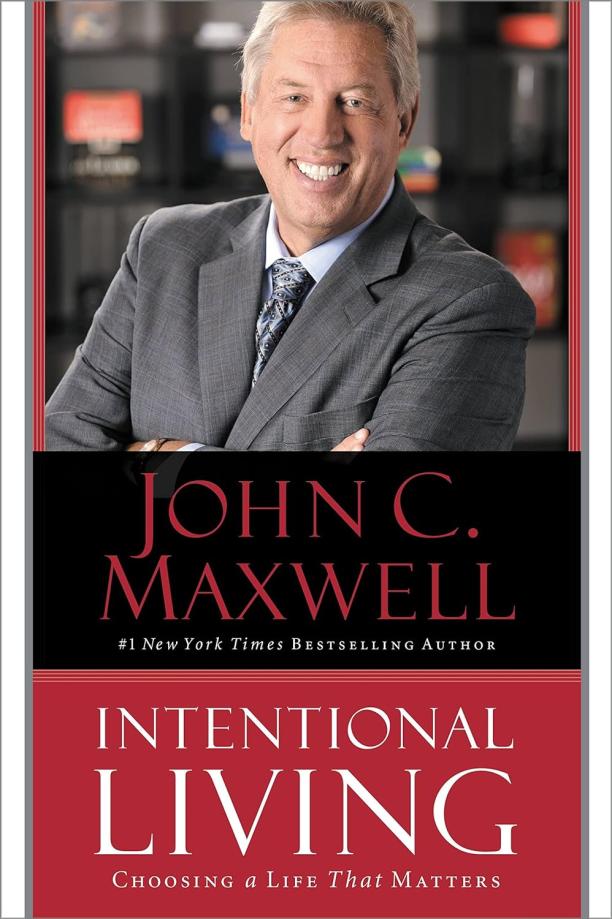
Intentional Living
Choosing a Life That Matters
John C. Maxwell
The book guides readers on how to live a purposeful and fulfilling life by making intentional choices that align with their personal values and goals. It emphasizes the importance of setting intentions, taking responsibility for one's own path, and making a positive impact on others.
See full summary
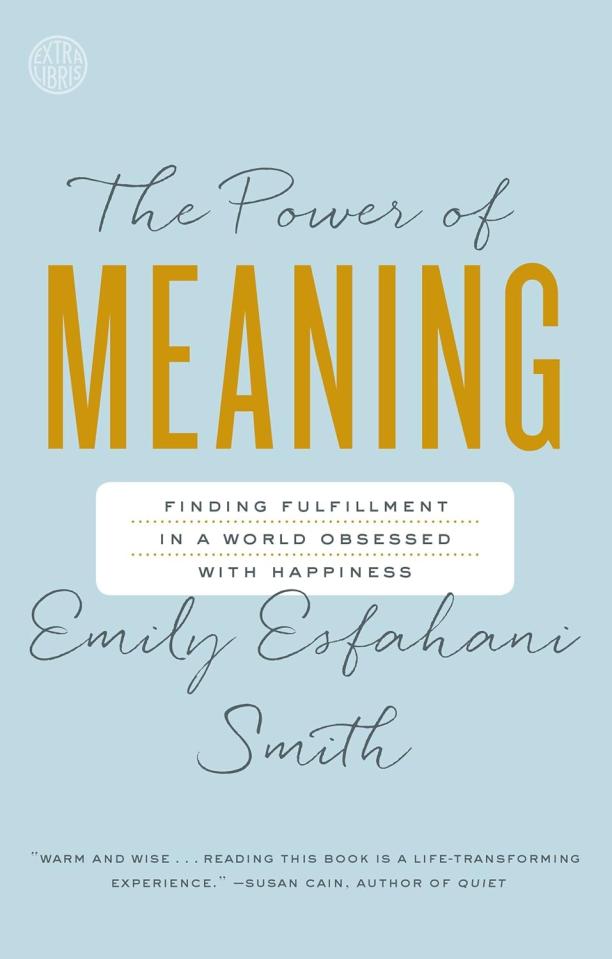
The Power of Meaning
Finding Fulfillment in a World Obsessed with Happiness
Emily Esfahani Smith
The book explores the four pillars of meaning—belonging, purpose, storytelling, and transcendence—and argues that cultivating these elements can lead to a richer, more satisfying life. It challenges the pursuit of happiness as an end goal, suggesting that a deep sense of meaning is what truly fulfills us.
See full summary
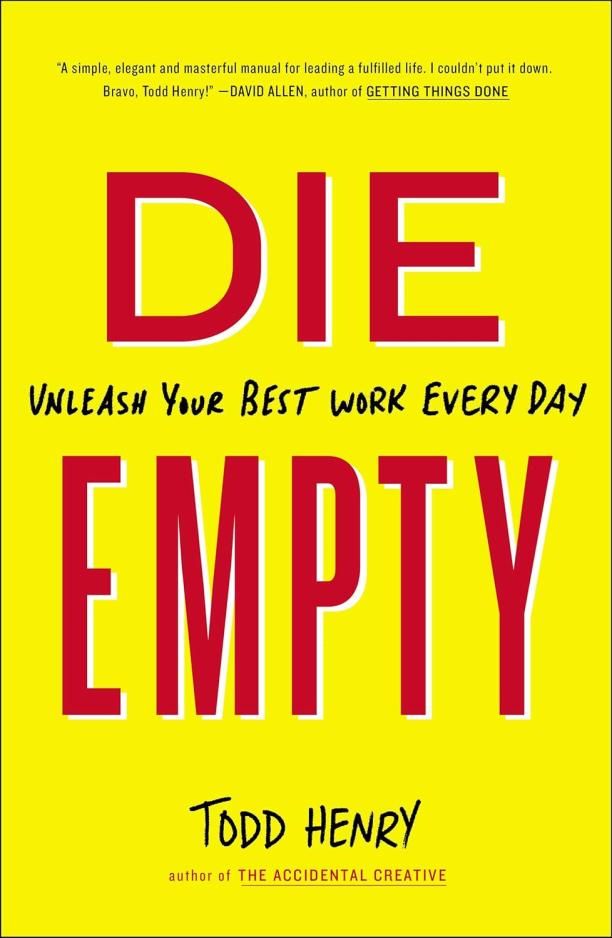
Die Empty
Unleash Your Best Work Every Day
Todd Henry
The book encourages readers to avoid complacency by putting their best effort into their work every day, ensuring they utilize their full potential and talents without reservation. It provides strategies for maintaining creativity, staying engaged, and overcoming the barriers that prevent people from giving their all and thus "dying empty" of regret.
See full summary
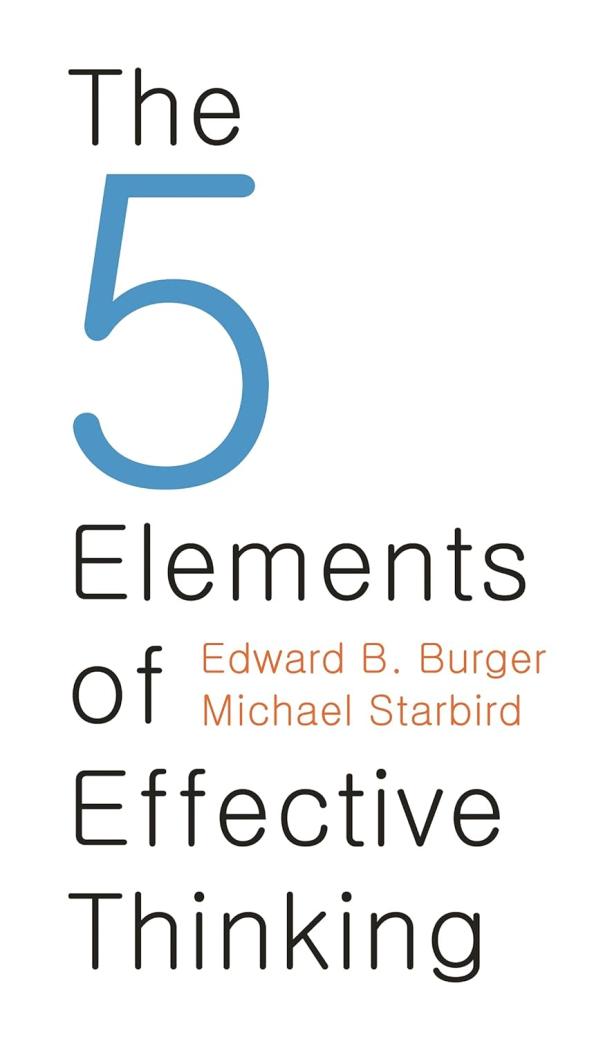
The 5 Elements of Effective Thinking
Edward B. Burger|Michael Starbird
The book presents a framework for enhancing cognitive skills through five fundamental principles: understanding deeply, making mistakes, raising questions, following the flow of ideas, and changing one's perspective. It provides practical advice and illustrative examples to help readers cultivate these habits to improve their problem-solving abilities and creative thinking.
See full summary
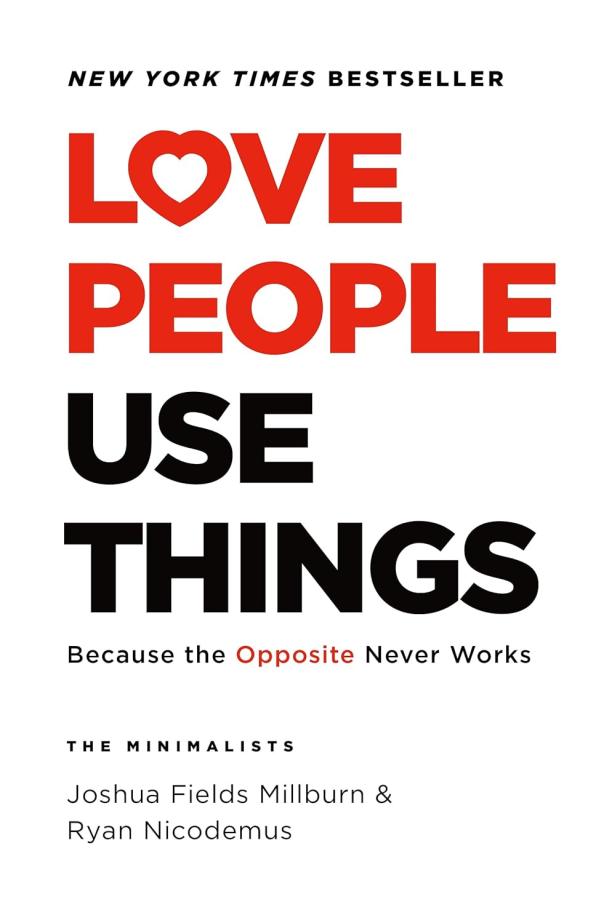
Love People, Use Things
Because the Opposite Never Works
Joshua Fields Millburn|Ryan Nicodemus
The book explores the concept that true happiness and fulfillment come from valuing personal relationships and experiences over material possessions. It provides practical advice on how to declutter one's life, reduce consumerism, and focus on what's truly important for a meaningful existence.
See full summary
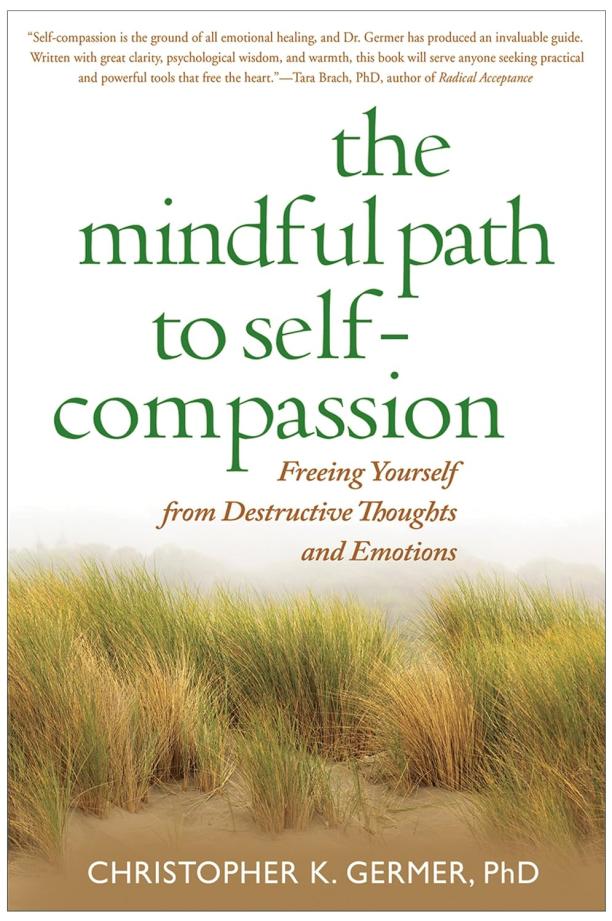
The Mindful Path to Self-Compassion
Freeing Yourself from Destructive Thoughts and Emotions
Christopher Germer
The book provides a guide on how to use mindfulness and self-compassion to deal with difficult emotions and thoughts, offering practical exercises and strategies to help readers cultivate inner strength and resilience. It emphasizes the importance of kindness towards oneself as a foundation for emotional healing and personal growth.
See full summary
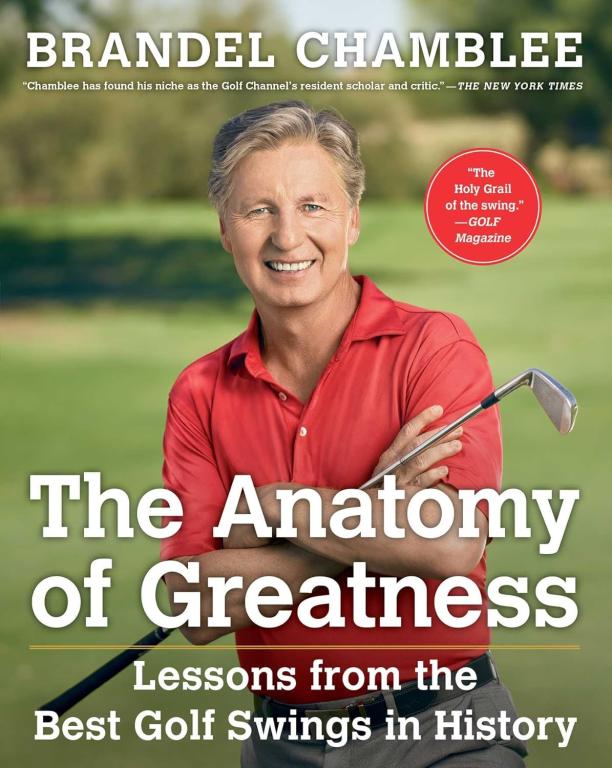
The Anatomy of Greatness
Lessons from the Best Golf Swings in History
Brandel Chamblee
The book analyzes the techniques of the most successful golfers throughout history, identifying common elements in their swings that contribute to their excellence. It offers insights and practical advice on how golfers at any level can improve their own game by incorporating these time-tested principles.
See full summary

The End of Average
How We Succeed in a World That Values Sameness
Todd Rose
The book challenges the concept of "averageness" by arguing that individual differences are more important than standardized norms for success and understanding human potential. It presents the idea that systems and practices should be tailored to individual needs rather than forcing everyone to conform to an average standard.
See full summary